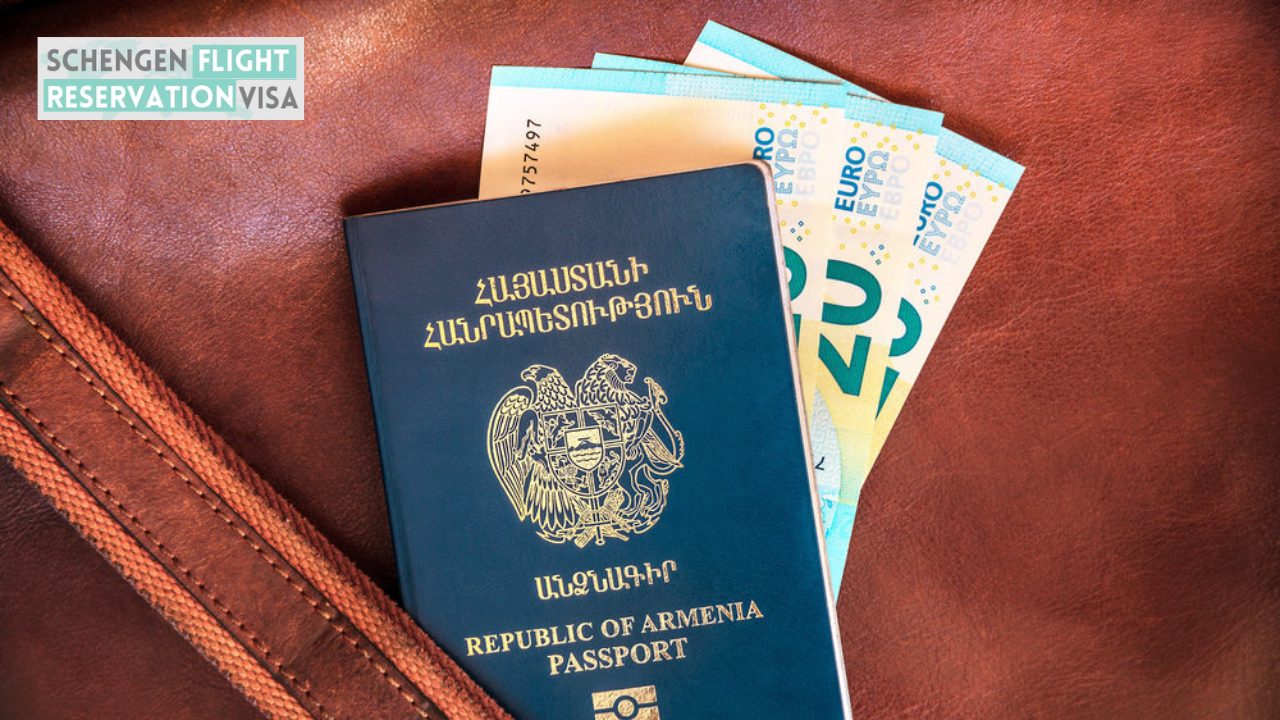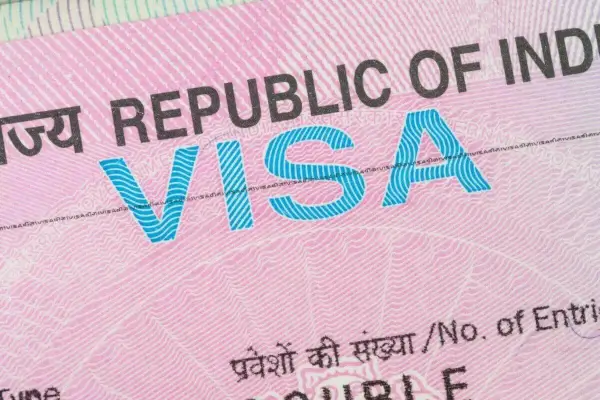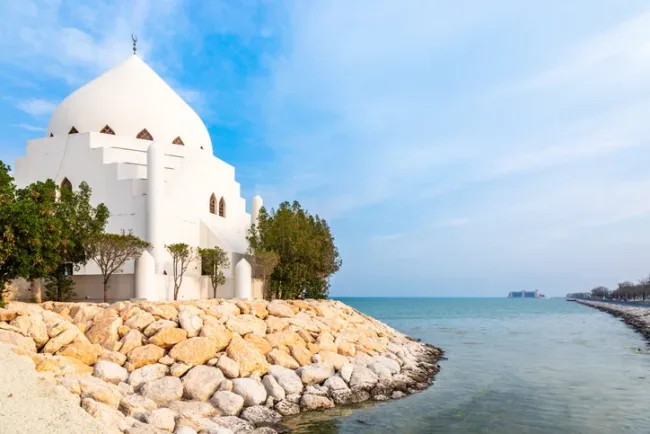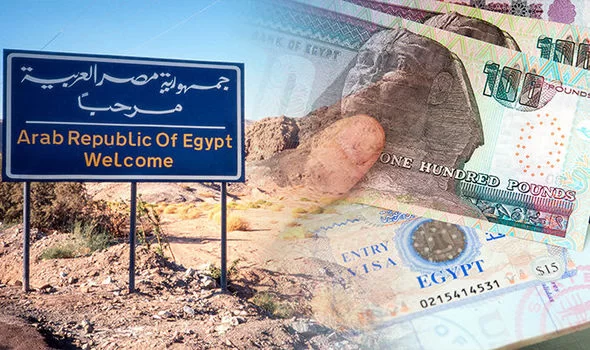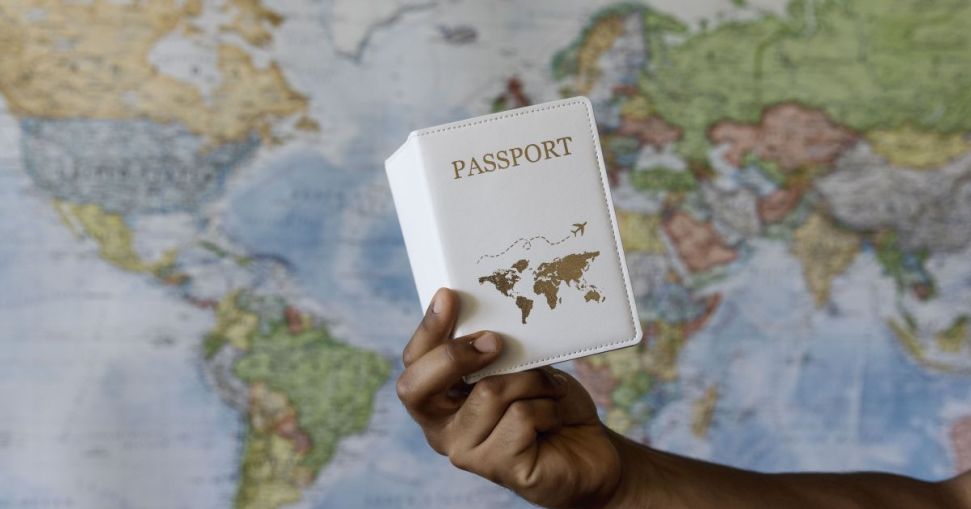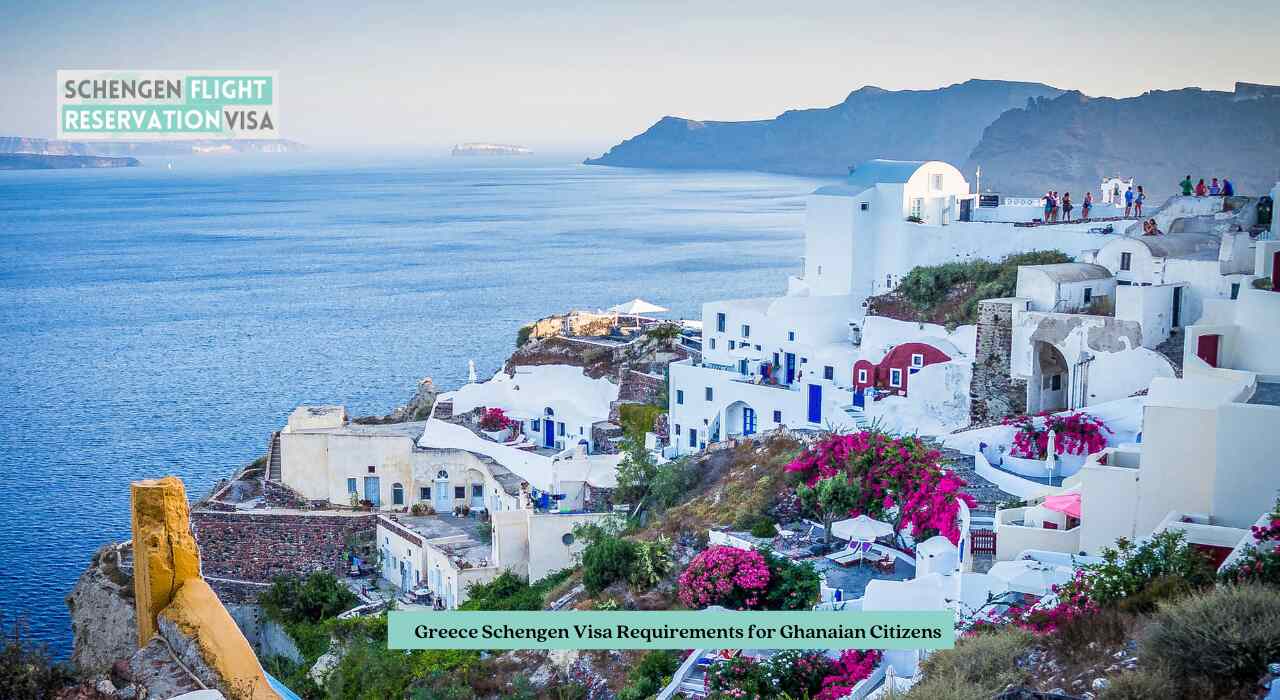
Greek citizens planning to travel to the United States need to be aware of the visa requirements that apply to their specific travel purpose. US Visa for GREECE CITIZENS While Greece is part of the Visa Waiver Program (VWP), which allows certain Greek travelers to visit the US for short stays without a visa, others may need to apply for a US visa based on the nature of their trip. Whether it is for tourism, business, education, or work, this article will guide Greek citizens through the essential steps for obtaining a US visa.
Do Greek Citizens Need a Visa for the United States?
As of now, Greek citizens are eligible to travel to the United States without a visa under the US Visa Waiver Program (VWP). This program allows nationals from VWP-approved countries to visit the US for tourism, business, or transit purposes for up to 90 days without needing to apply for a visa. However, it is important to note that the Visa Waiver Program is only applicable to short stays. If the intended stay is longer than 90 days, or if the purpose of the trip is for work, study, or immigration, Greek citizens will need to apply for an appropriate US visa. For those traveling under the VWP, they must first obtain an approval through the Electronic System for Travel Authorization (ESTA). It is recommended that travelers apply for ESTA authorization well in advance of their trip to ensure approval before departure.
Types of US Visas for Greek Citizens
Greek citizens who do not qualify for the VWP or who need to stay in the US for longer periods will need to apply for a US visa. The US visa system categorizes visas into two main types: non-immigrant visas for temporary stays and immigrant visas for those seeking to live permanently in the US. Here are the most common types of non-immigrant visas for Greek citizens: The B-2 tourist visa is for Greek citizens who plan to visit the United States for leisure, tourism, or to visit family members. This visa allows travelers to stay in the US for up to six months, though extensions may be possible under certain circumstances. To apply for a B-2 visa, Greek citizens need to fill out the DS-160 form, attend a visa interview at the US embassy in Athens, and provide supporting documents, such as proof of ties to Greece (like family, employment, or property) and financial evidence to demonstrate the ability to support themselves during the stay. The B-1 business visa is designed for Greek citizens who are traveling to the US for business-related purposes, such as attending conferences, meetings, or negotiating contracts. Applicants must provide documentation from their employer or an invitation letter from the US company they plan to engage with, as well as proof of sufficient funds to cover their trip. The application process includes filling out the DS-160 form and attending a visa interview.
Student Visa (F-1, M-1)
Greek citizens who wish to study in the US must apply for a student visa. The F-1 visa is for academic students attending a university or college, while the M-1 visa is for vocational or non-academic students. To qualify for a student visa, Greek citizens must first be accepted by a US educational institution, and they must prove they have the financial means to cover tuition fees and living expenses while studying. Additionally, they must show they intend to return to Greece after completing their studies.
Exchange Visitor Visa (J-1)
The J-1 visa is for Greek citizens participating in exchange programs that foster cultural and educational exchange between the US and foreign countries. Exchange visitors typically engage in activities such as internships, research, or teaching. To apply for a J-1 visa, applicants must be accepted into an exchange program and provide the necessary supporting documents, including financial proof and program acceptance. Greek citizens planning to work in the US temporarily must apply for a work visa. The H-1B visa is the most common type of work visa for professionals in specialty occupations such as engineering, technology, and healthcare. Greek citizens can also apply for L-1 visas if they are transferring from a foreign branch of a company to a US branch. Work visa applications require sponsorship from a US employer, and the process involves filing a petition with US Citizenship and Immigration Services (USCIS) before applying for a visa at the embassy.
The US Visa Application Process for Greek Citizens
The US visa application process can be a lengthy procedure, but it is relatively straightforward if the applicant provides all necessary information and documentation. Greek citizens must follow these steps to apply for a US visa: The first step in applying for a US visa is filling out the DS-160 form. This is an online application form that asks for personal details, travel information, and security-related questions. The form is available on the US Department of State’s website. After completing the form, applicants will need to print the DS-160 confirmation page, which is required for the visa interview. US Visa for HUNGARY CITIZENS After submitting the DS-160 form, Greek citizens must pay the non-refundable visa application fee. The fee varies depending on the type of visa being applied for and is paid online or through the US embassy-approved payment methods. Once the visa application fee is paid, the next step is scheduling an interview at the US embassy in Athens. The embassy typically requires applicants to book an appointment well in advance due to high demand. The interview is a crucial part of the visa process, where consular officers assess the applicant’s eligibility. On the day of the interview, Greek citizens must bring their DS-160 confirmation, passport, visa application fee receipt, and any additional documents requested by the embassy, such as financial statements, invitation letters, or academic records. During the interview, the consular officer will ask questions about the applicant’s travel purpose, background, and ties to Greece to ensure the applicant intends to return home after their stay. After the interview, applicants must wait for their visa to be processed. Processing times vary depending on the type of visa and individual circumstances. Once approved, the visa will be affixed to the applicant’s passport and returned to them by mail or through a visa collection service.
ESTA and the Visa Waiver Program (VWP)
For Greek citizens who meet the requirements, the US Visa Waiver Program (VWP) offers an alternative to the traditional visa application process. The VWP allows travelers to visit the US for tourism or business purposes for up to 90 days without obtaining a visa. To qualify for the VWP, Greek citizens must apply for ESTA authorization before their trip. ESTA is an online system that determines eligibility for the VWP and is typically approved within minutes. However, it is important to note that ESTA does not apply to stays exceeding 90 days or if the purpose of travel is other than tourism or business.
Tips for Greek Citizens Applying for a US Visa
Apply Early: It is recommended to apply for a US visa well in advance, as processing times can vary and appointments at the embassy may be limited. Prepare Your Documents: Ensure that all the required documents are ready and accurate. Missing documents can lead to delays or visa denials. Provide Honest and Complete Information: Be truthful in your visa application and during the interview. Misrepresentation can result in visa denial. Demonstrate Ties to Greece: To increase your chances of approval, demonstrate strong ties to Greece, such as employment, family, or property, to show that you intend to return after your stay.
Conclusion
Greek citizens who wish to travel to the United States must understand the visa requirements and application process. Whether using the Visa Waiver Program for short visits or applying for a specific visa category for longer stays or different purposes, following the correct steps and providing the necessary documentation is essential. By adhering to the guidelines above, Greek citizens can successfully navigate the US visa application process and enjoy their time in the United States.


